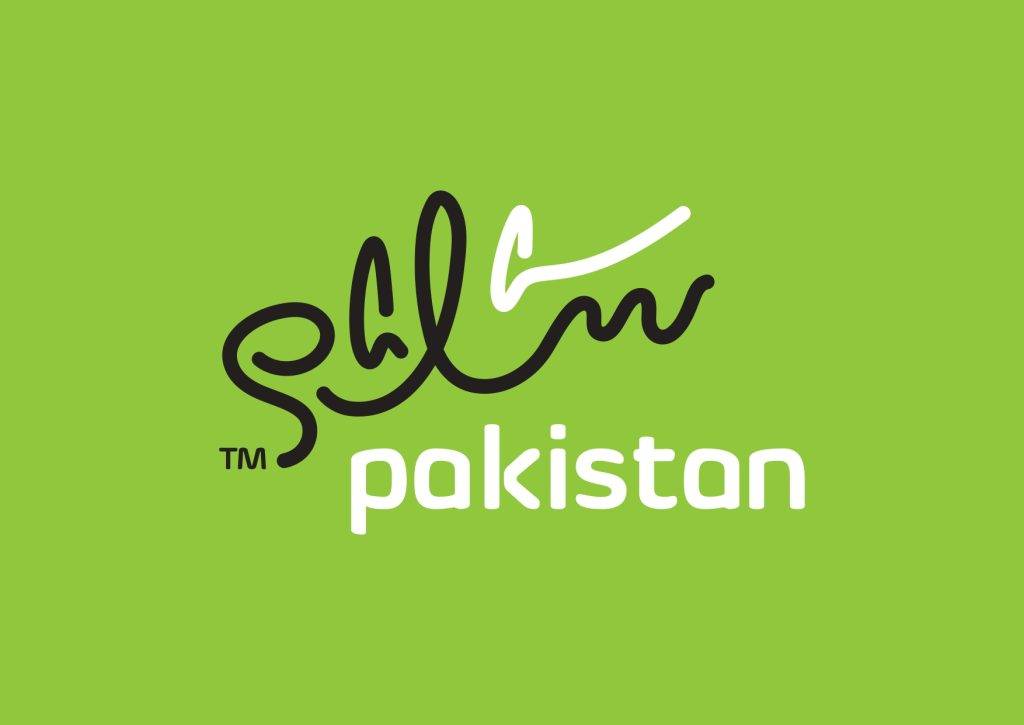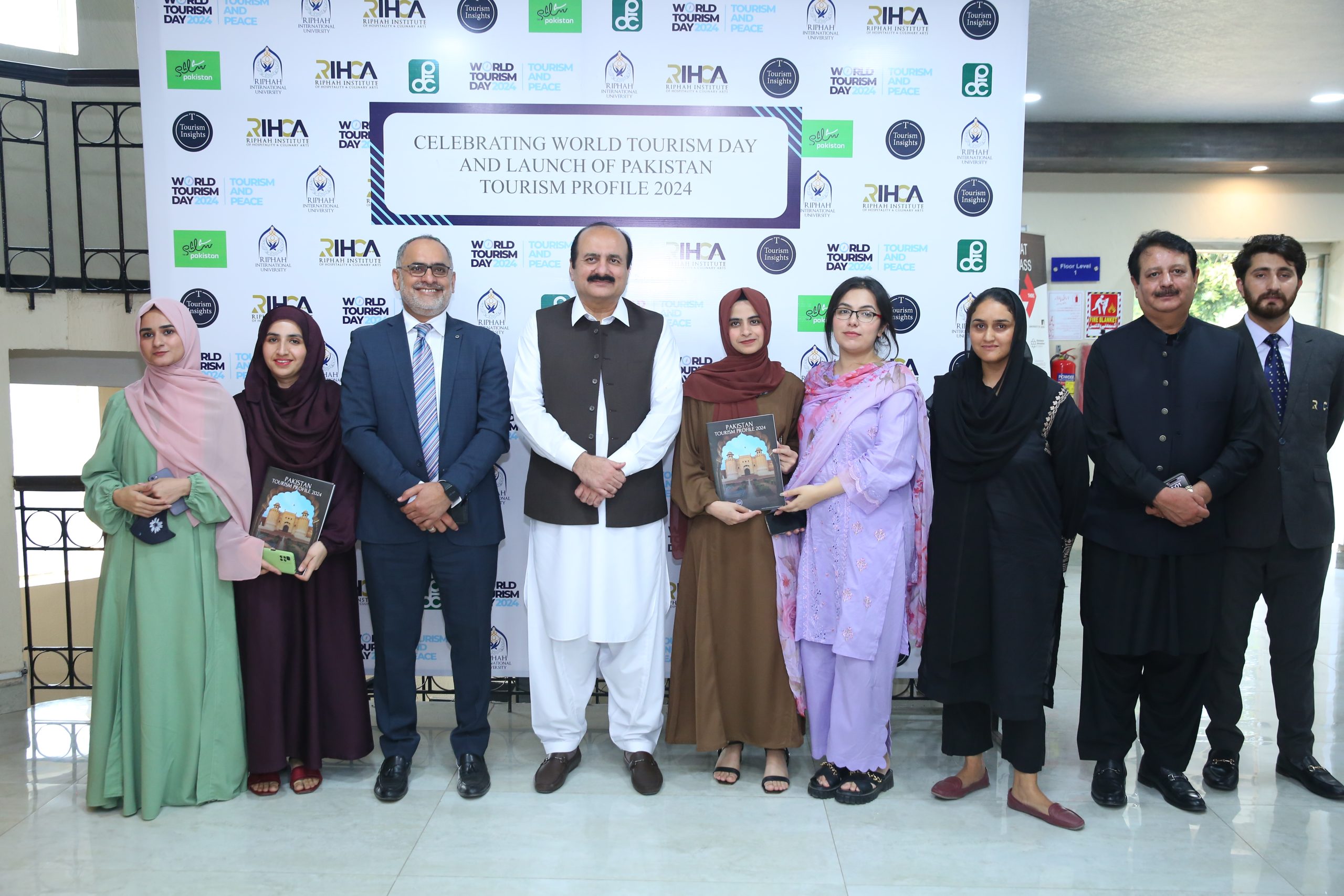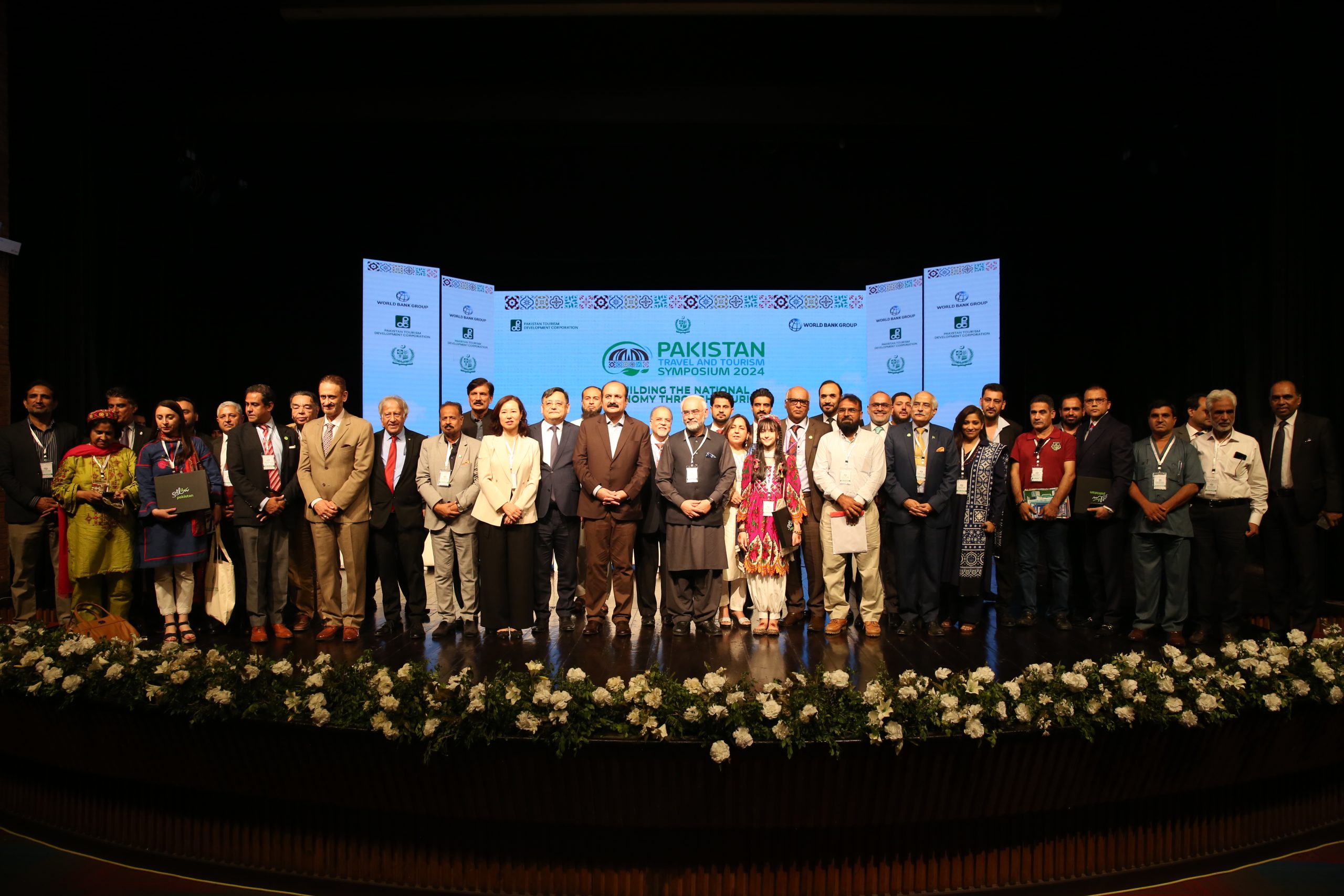The insights gleaned from the ‘Pakistan Tourism Profile 2022’ and the ‘Travel and Tourism Development Index 2021’ paint a multifaceted picture of the industry’s trajectory. Interestingly, the tourism sector has emerged as a pivotal growth engine, contributing a robust 3.7% to Pakistan’s GDP in 2021. While commendable progress has been made in creating a conducive business environment, enhancing safety and security measures, and embracing technological advancements, several key obstacles persist. Urgent and comprehensive reforms are required in critical areas such as health and hygiene standards, human resources development, and the labor market, not only to bolster tourism but also to benefit other industries.
Despite notable efforts to improve conditions directly impacting travel and tourism, issues such as maintaining stable pricing, safeguarding the environment, and addressing the shortfall in air transport and tourist service infrastructure remain unresolved. Although the China-Pakistan Economic Corridor (CPEC) presents a hopeful avenue for rapid infrastructure development, the absence of robust public-private partnerships in the tourism sector hampers progress. Despite Pakistan’s rich reserves of natural and cultural assets, the pace of asset renovation and the introduction of related activities is lagging.
To address these issues the government has taken a historic move to redefine Pakistan’s presence on the global tourism stage and launch its National Tourism Brand, “Salam Pakistan,” on 4 August.https://www.facebook.com/ptdc.pk/videos/258761147017133/ The Prime Minister graced the momentous launch in the presence of hospitality veterans and ambassadors of different countries.
The initiative aims to project Pakistan as a safe, hospitable, and alluring destination, tapping into the vibrant cultures and breathtaking landscapes that dot the nation. The heart of “Salam Pakistan” lies in its mission to showcase the nation’s warmth and friendliness to the world. This initiative has stimulated local and international influencers, and its digital footprints span across platforms such as YouTube, Facebook, Twitter, and Instagram. A masterpiece of lifestyle channels, radio stations, and airlines will also play pivotal roles in this strategy to promote the national tourism agenda.
At the core of it lies an interactive “e-portal,” a virtual gateway that invites tourists to embark on an immersive journey through the country’s cultural tapestry, presented through captivating virtual galleries, videos, and documentaries. This exciting journey is complemented by other elements, including the unveiling of a distinct national identity and an enchanting musical score, both set to captivate audiences in the near future.
The resonance of “Salam Pakistan” extends beyond tourism, echoing through the corridors of economic growth and societal harmony. This branding endeavor promises to nurture a people-friendly image, bridging cultures and traditions to form a unified tapestry that shines locally and globally.
In economic terms, the “Salam Pakistan” initiative is poised to be a catalyst for sustainable growth, driving local employment opportunities and reducing poverty rates. The ripple effect will touch even remote areas, as enhanced transport services and road networks make the inaccessible more reachable. Comfortable accommodations, hygienic dining options, and vibrant shopping scenes are set to flourish, alongside robust telecommunication services that promise to interlace the nation seamlessly.
Simultaneously, Pakistan hosted the Third D-8 Ministerial and Fourth Senior Officials meetings on tourism on August 4-5. Amidst the scenic backdrop of Bhurban, PTDC orchestrated a diplomatic confluence that steered discussions toward enhancing tourism cooperation within the D-8 Member States. The resultant Islamabad Declaration on Tourism Cooperation 2023 emerged as a compass, charting commitments and policy guides for the future. Delegates unanimously commended Pakistan’s gracious hospitality, singling out Awn Chaudhry’s efforts for special praise.
The D-8 meeting will cast a promising shadow on the industry’s future. The meeting’s impact is expected to be multifaceted, encompassing improved visa issuance mechanisms, economic airfares to encourage cross-border visits, and the potential for educational opportunities and training partnerships with D-8 countries like Turkey and Egypt.
To harness the potential of this development, Pakistan must prioritize the cultivation of a qualified and skilled human resource base. This entails designing and implementing targeted skill development programs for the youth, enabling them to meet the industry’s evolving demands. Looking forward, Pakistan’s roadmap includes three crucial dimensions. Firstly, at the national level, a projection of around 70 new hotels over the next seven years highlights the demand for an estimated 1,500 to 2,000 trained professionals annually. To meet this requirement, a comprehensive framework of diverse courses across various institutions is essential to adequately prepare the youth for these opportunities.
Secondly, focusing on regional development, the Middle East and Saudi Arabia, in particular, present a significant avenue for growth. With projections indicating the creation of 50 resorts at the Red Sea by 2030 and the expansion of Saudi Arabia’s hotel sector by an impressive 310,000 rooms under Vision 2030, Pakistan’s provision of skilled workers could lead to substantial remittances. Addressing the shortage of workers in Europe and Canada’s hospitality sectors further underscores the potential for international development, where the provision of an average of 500 skilled workers per year could alleviate unemployment and contribute to much-needed foreign remittances.
In this journey of progress, the government plays a pivotal role in nurturing the sector’s expansion. By channeling funds into diverse educational programs and facilitating skills enhancement initiatives, the government can shape a workforce attuned to the industry’s dynamics. Efforts to upskill existing employees in critical roles, from immigration and transportation to hotel staff, will enhance the sector’s overall competitiveness. Encouraging the younger generation to pursue careers in travel and tourism through various incentives completes the comprehensive approach. As Pakistan steers its travel and tourism sector toward a robust and sustainable future, it capitalizes on the D8 meeting as a catalyst for transformative growth across national, regional, and international dimensions.
As “Salam Pakistan” steps into the spotlight and the echoes of the D-8 meetings resonate, Pakistan embarks on a captivating journey to reshape how it’s seen around the world. Fueled by the power of social media, the appeal of influencers, and an interactive online portal, Pakistan warmly invites curious travelers to explore its diverse beauty. With “Salam Pakistan” blooming, the country weaves a story of hope and growth, highlighting its rich cultures. This effort sparks economic progress, guiding the way to a promising future where Pakistan shines brightly on the global stage of tourism.
This article was also published here




